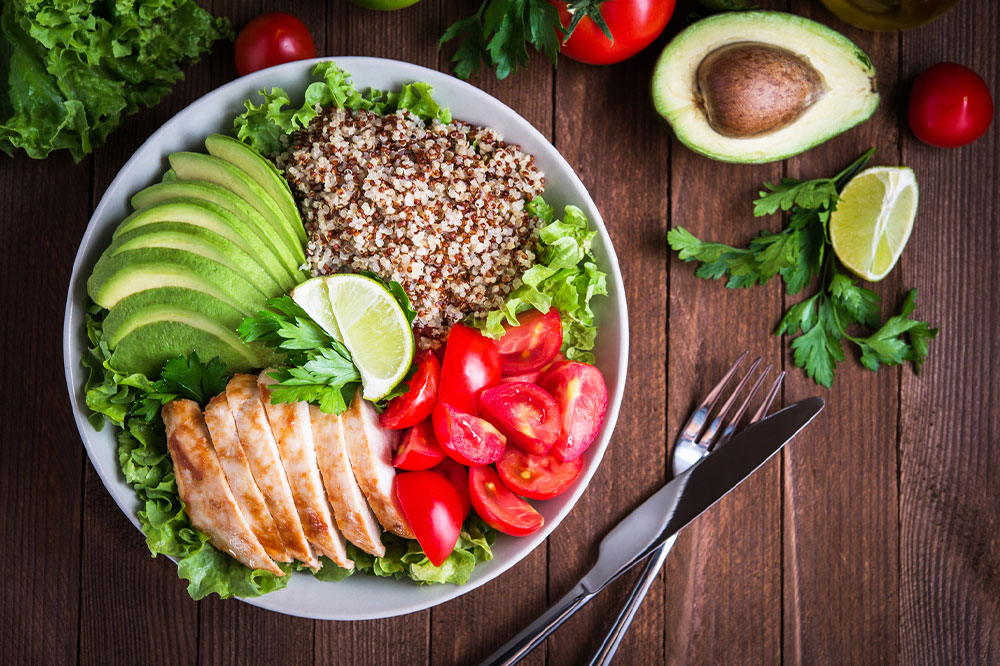4 interesting ways food impacts mental health

From childhood, we are taught that eating well can help us look and feel our physical best. What is often glossed over is the fact that what we eat also has a significant impact on how we feel mentally. Healthy, well-balanced meals can help people think more clearly, become alert, and improve concentration and attention span. On the other hand, unhealthy foods lead to fatigue, impaired decision-making, and a slower reaction time.
Processed foods can cause brain inflammation
Increased reliance on processed foods high in sugar and flour can lead to inflammation throughout the body, including the brain. And brain inflammation is linked to mood disorders, such as anxiety and depression. Furthermore, many of these processed foods stimulate the dopamine centers in the brain, making us crave more.
Healthy gut bacteria help regulate mental processes
Researchers have been studying the connection between our gut and brain, which are linked via the vagus nerve. According to the American Psychological Association, gut bacteria produce a range of neurochemicals used by the brain for regulating physiological and mental processes, such as our mood. Around 95% of our mood-stabilizing hormone, serotonin, is produced by gut bacteria, signaling its undisputed role in maintaining our mental health.
Nutritious foods relieve mental health disorders
Studies show that specific nutrients in food boost mental health and relieve mental health disorders. Experts recommend fruits, dark green leafy vegetables, foods rich in omega-3 fatty acids like salmon and walnuts, and seeds and legumes like beans and lentils.
Brain foods help slow cognitive decline
Since our brain and nervous system depend on nutrition to build new proteins, cells, and tissues, healthy foods can improve mental functioning and support memory and cognition. Brain foods like complex carbohydrates, lean proteins, and fatty acids are especially helpful.
For better mental health, avoid processed and sugar-filled snacks that can impair the ability to concentrate and lead to massive fluctuations in energy levels. Opt for healthy fats, such as olive oil, coconut oil, and avocado, to support brain function. When hunger strikes, reach out for healthy snacks, such as fruits, nuts, eggs, baked sweet potatoes, or edamame. And do not go shopping when hungry, as it leads to more impulse purchases. Instead, develop a healthy shopping list and stick to it.








